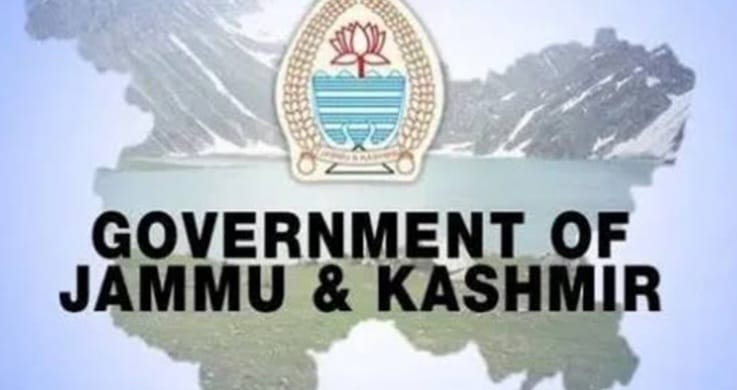Government Trains Officials to Bolster Livestock Data Collection

New Delhi, Jun 7: The Union Animal Husbandry and Dairying Ministry conducted a training workshop on Thursday aimed at improving data collection on major livestock products. The workshop was held for state officials from Himachal Pradesh, Jammu and Kashmir, and Ladakh.
The event took place in Leh, the main city in the union territory of Ladakh, and was inaugurated by Jagat Hazarika, adviser at the Department of Animal Husbandry and Dairying. The training focused on enhancing the accuracy and efficiency of livestock data collection processes.
One of the key objectives of the workshop was to familiarize state and district officials with an online data collection system known as eLISS. This system is designed to streamline the collection and reporting of livestock product statistics, ensuring more reliable and timely data.
The workshop also aimed to identify existing data gaps in the current collection processes. By recognizing these gaps, officials can implement targeted measures to improve the overall quality and comprehensiveness of livestock data.
Accurate data collection is critical for informed decision-making in the livestock sector. The government’s efforts to enhance data collection capabilities are part of broader initiatives to support the sector, which employs millions of poor farmers across the country.
India’s livestock sector is a significant contributor to the national economy, accounting for nearly a third of the output from the entire agriculture industry. Improving data accuracy and reporting is expected to further strengthen this vital sector.
As the world’s largest milk producer, India’s annual output stands at nearly 200 million tonnes, primarily sourced from cows and buffaloes. Reliable data is essential to maintain and enhance this productivity, supporting both economic growth and food security.
The government’s commitment to improving data collection in the livestock sector reflects its dedication to supporting farmers and bolstering the agricultural industry as a whole. The workshop in Leh marks a significant step towards achieving these goals.





